If the recent reveal of Dragon Ball Daima left you a little less than hyped for the franchise’s future, rest assured that you’re not alone.
The series’ premise of all the major characters being turned into younger versions of themselves left many a fan unsure of the creative direction. After all, Dragon Ball found the popularity that it did with the framework of constant battles, self-improvement, and all the other core aspects of a Shonen anime. To stray away from that for a cutesier, lighter tone would only risk damaging the product’s longevity.
And honestly, it’s not wrong to have those doubts. Heck, even I had my doubts when I first saw the trailer. But after giving it some thought, it became clear that Dragon Ball Daima isn’t made explicitly for long-time fans. And that’s ok.
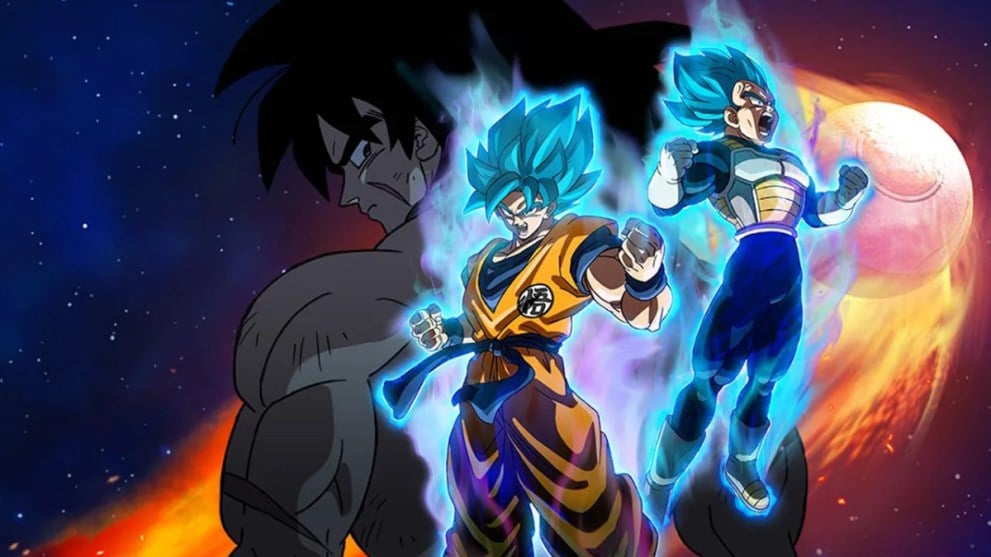
While this new series does at least want to catch the interest of most fans, the diehard Dragon Ball lovers aren’t meant to be its core audience. Instead, younger or newer viewers — and especially children who could be drawn into the franchise — are the kind of viewers the show will be aimed at directly. The cuter, smaller characters are tailor made to hook their attention; and, if we can be blunt, will do a much better job than the muscle-bound standard versions of the cast ever could.
It’s some genius design and marketing on the part of Toei Animation and Akira Toriyama, and you can be sure it’s no accident. While Dragon Ball might be one of the biggest properties on the planet, it’ll only stay that way while there are still fans of the series around to support it. That’s a much more likely scenario if there are younger fans in the mix than if the only people who like the show are surly old anime fans.
It’s a bit of a bummer. After all, Dragon Ball’s older fans are the reason it got as popular as it did. They’re the ones who bought the manga volumes during its original publication; watched the series on tube-based televisions when it aired on cable networks; and turned out in droves to see the new tie-in films when they aired in theatres.
But then, a lot of those same fans aren’t the true original fans of Dragon Ball. They’re fans of Dragon Ball Z, and serve as the proof that the series has already reinvented itself drastically several times over.
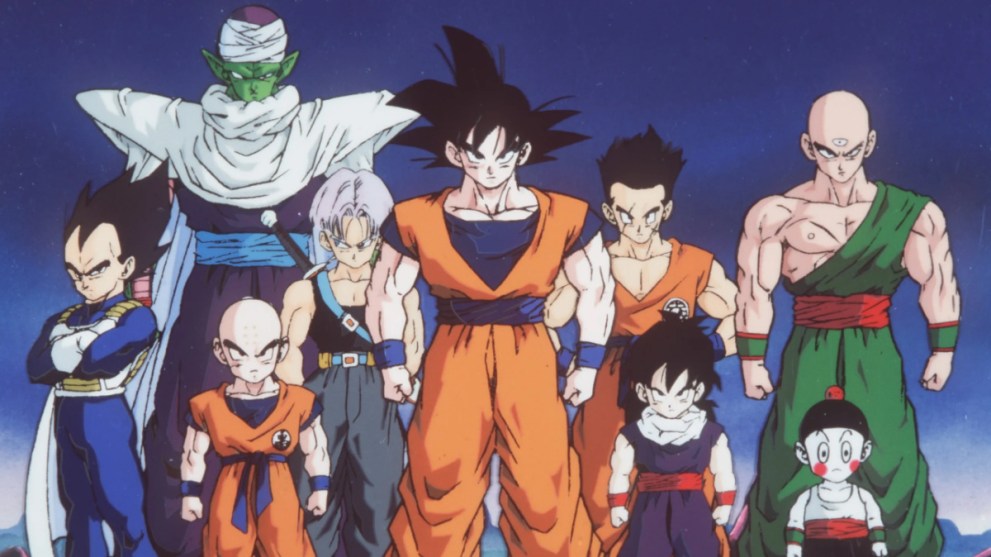
It can be easy to forget that while the illustrious series is well known for its battles, tournament arcs, and over-the-top techniques, the franchise got its start as a cute, low-stakes tale of adventure. Goku didn’t kick things off as an all-powerful warrior of legend; he was a boy living in the woods who joined a young Bulma in search of wish-granting treasures. They might have had to face off against power-hungry villains like Pilaf or the Red Ribbon Army, but their struggles were never on a Universal scale.
But when it became clear that the series would need to change for it to thrive, Toriyama took it in new directions. A tale of adventure turned into the pursuit of strength under a wise master. That turned into a battle against a demon lord, which then turned into a man discovering he’s actually a member of an alien warrior race that threatens his planet; introducing the now iconic Super Saiyan forms which feel like an integral part of the series for many.
Again and again, over and over, the series has continued to change and evolve in order to keep thriving. And lest anyone forget, it’s worked wonderfully. Dragon Ball Z brought in heaps of new fans, all just as invested in the series as fans of the original Dragon Ball were.
It’s the reason the franchise continued to remain relevant even decades after it first started, but it’s also the reason so many fans point to specific points where the series “changed for the worse” or “fell apart.”
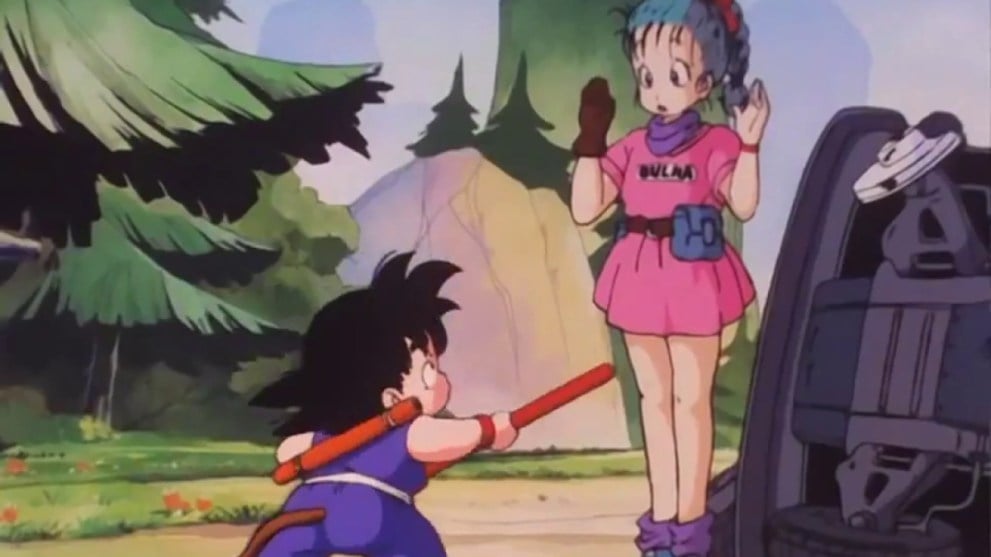
This isn’t to discourage these fans’ opinions. When held up against what the series was like when they got invested in it, arcs or series that came after are likely so different and far removed from what used to make Dragon Ball “Dragon Ball” that they aren’t in the same league as the older material. But this isn’t solely due to quality. Instead, it’s because people are trying to compare two vastly different works on the same metric.
So where does that leave older Dragon Ball fans when it comes to Dragon Ball Daima? Should they accept that the series has left them behind? Would it be better to move on from the show, and give up something that means so much to them?
Thankfully, the answer is no on both fronts. Instead, we simply need to start accepting the series for what it is. Dragon Ball never was and never will be one thing for one person. It’ll constantly grow and change, adapting to become what it needs to be so that new generations can find interest in what it offers. And honestly, that’s a beautiful thing.

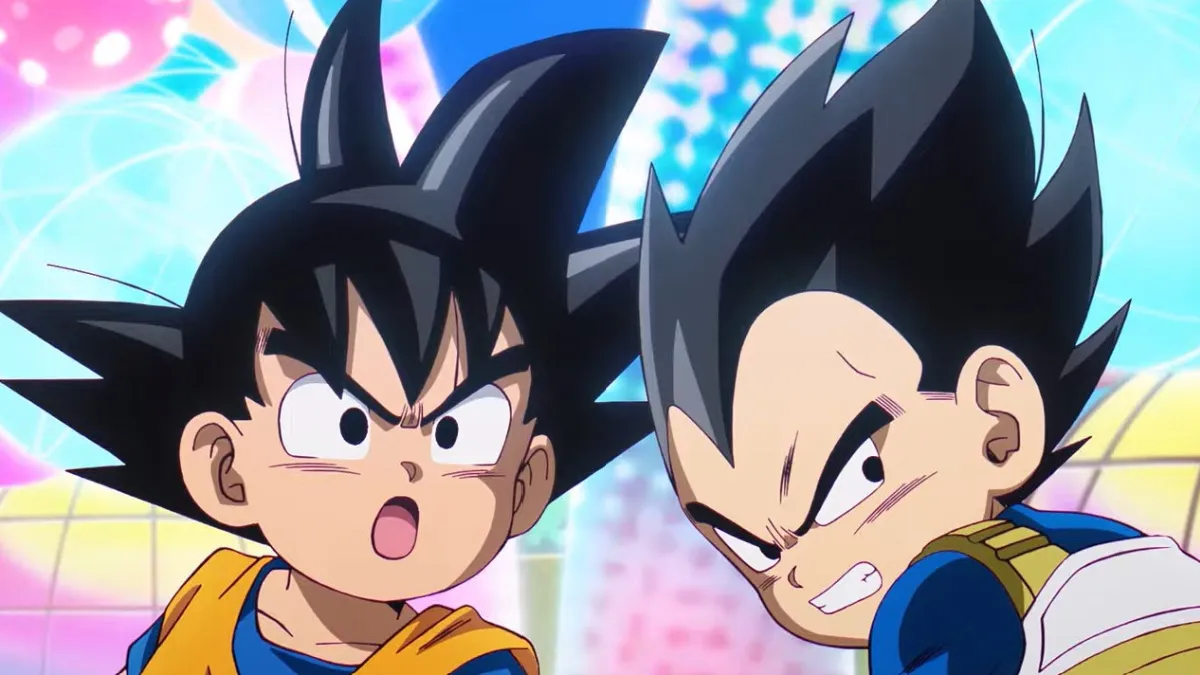
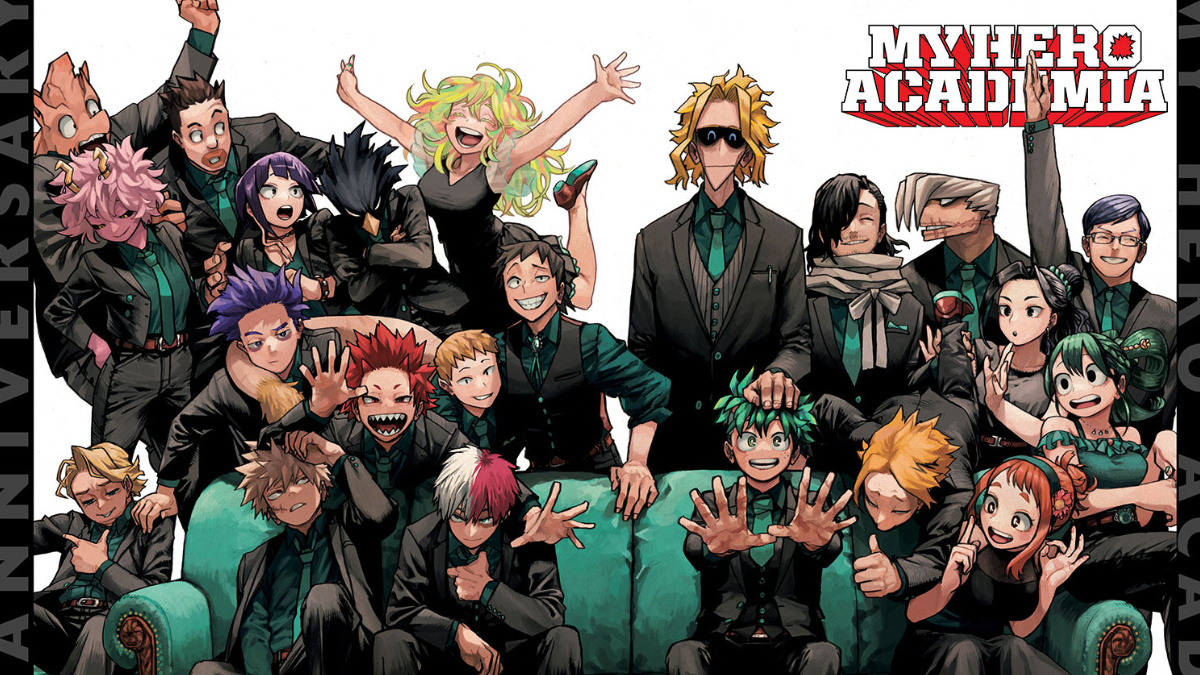
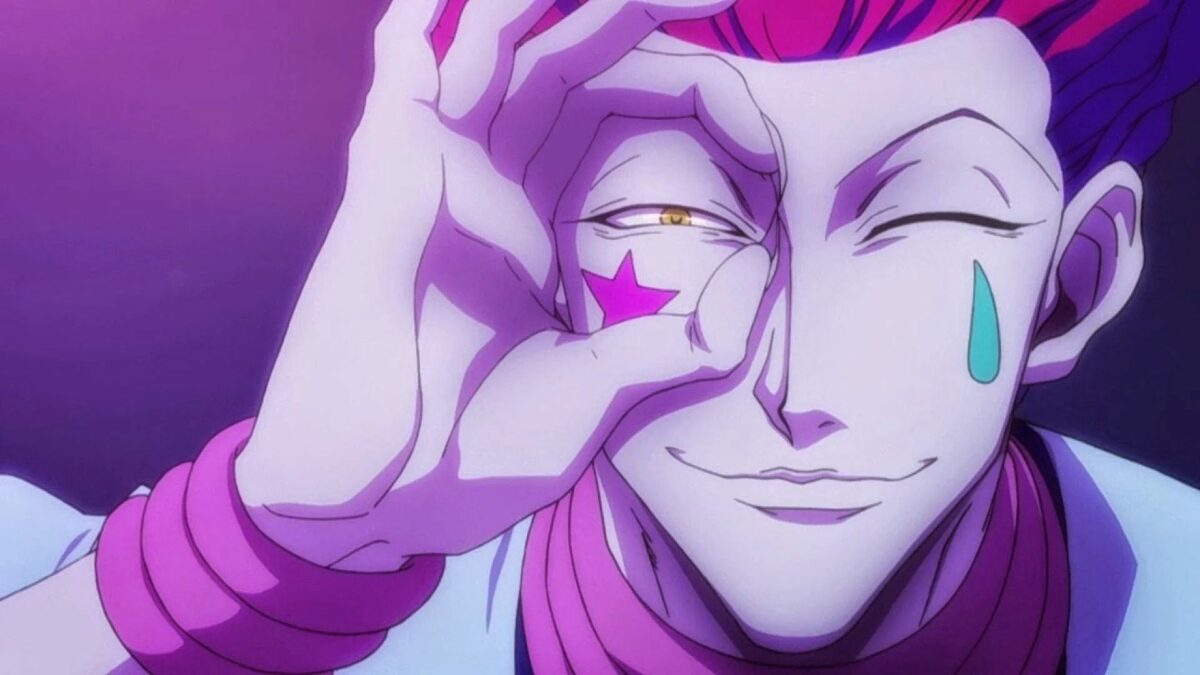
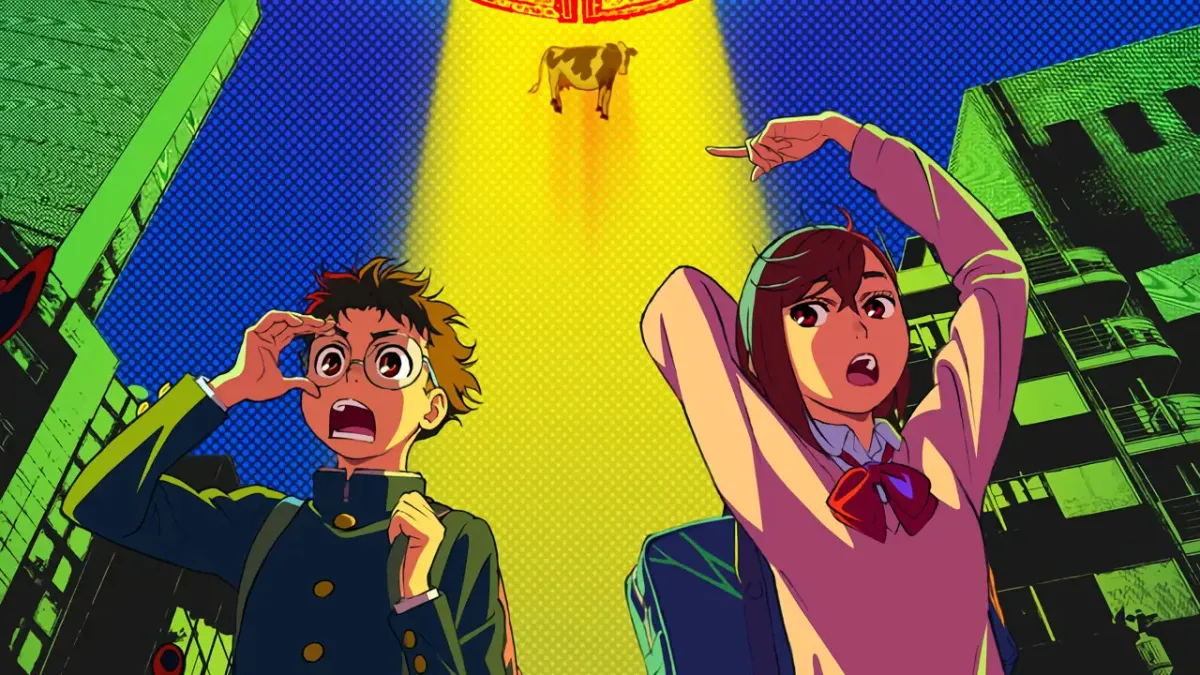
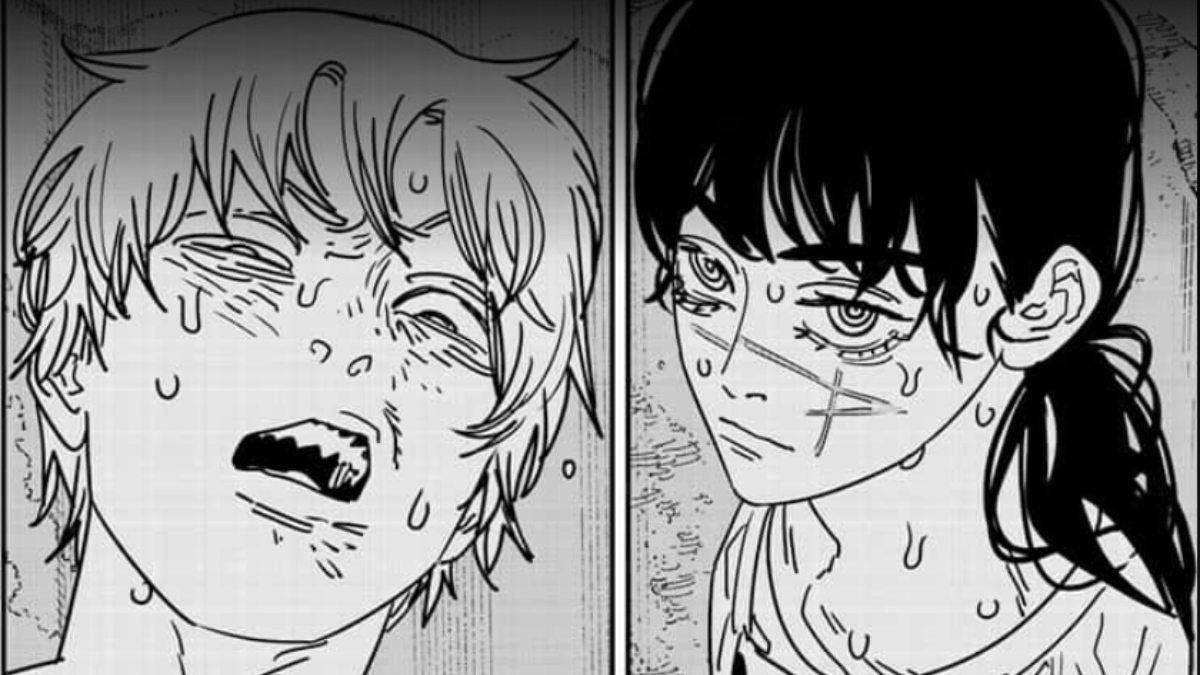

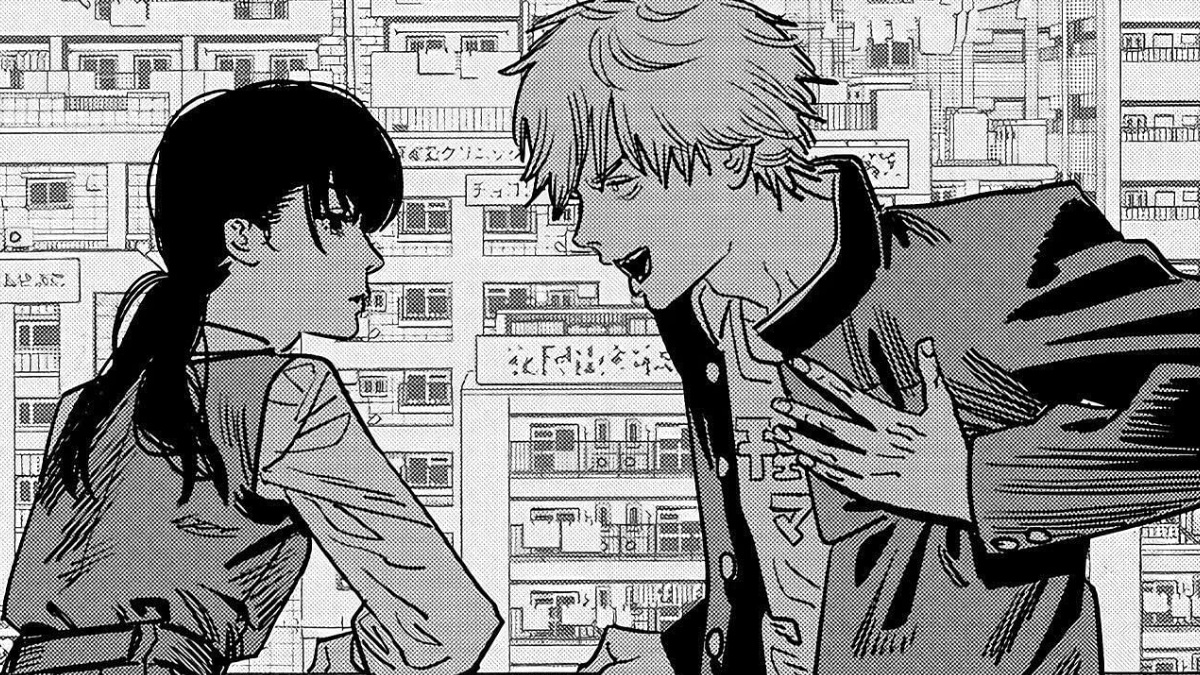




Updated: Oct 25, 2023 11:21 pm